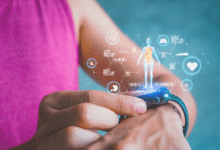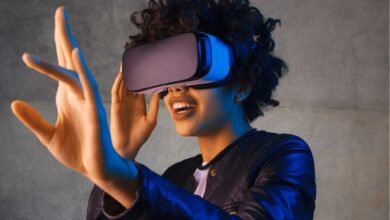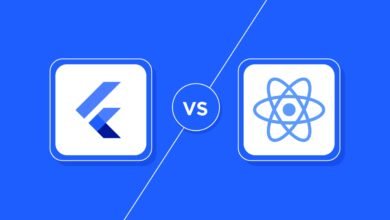Technology Has Improved Healthcare in 5 Ways
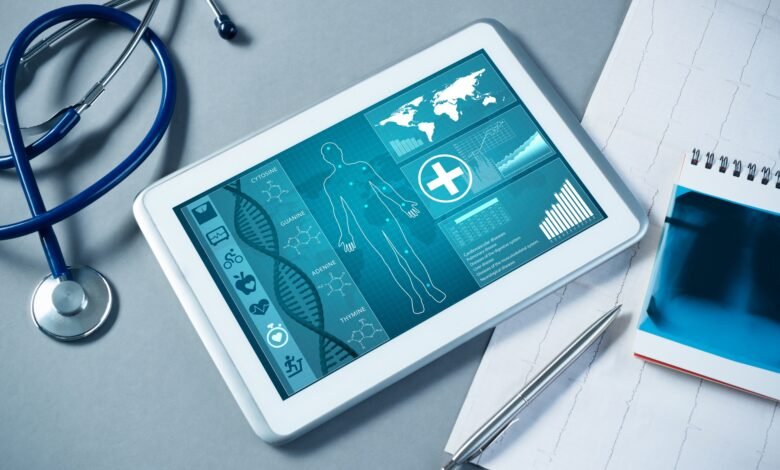
Do you know Technology Has Improved Healthcare in 5 Ways? Healthcare has been transformed by technology, becoming more effective, accurate, and accessible. Diagnoses, treatments, and illness prevention are now possible faster and more precisely because to advancements in medical technology. Technology has significantly impacted healthcare and improved accessibility and security, from advances in imaging to big data analysis.
Read More: The Unknown Health Advantages of PC Gaming for All
Here are the top five ways that technology has enhanced healthcare:
Timely Delivery of Care Services
The capacity of technology to provide timely care is one of the most prominent advantages it has for the healthcare industry. Patients can now instantly contact specialists without physically visiting a hospital or clinic thanks to telemedicine services like Zoom. This not only saves time for medical staff and patients alike, but it also makes it feasible for experts from different regions of the world to work together on complex cases, which was previously not conceivable.
Furthermore, remote patient monitoring (RPM) enables continuous, real-time observation of patients wherever they may be, including at home or in remote locations. With the help of telemedicine, it is possible to remotely gather patient information like vital signs, blood pressure readings, and glucose levels. Patients who are unable to travel to a hospital or clinic environment will now have better and more timely access to care.
Enhanced Patient Safety
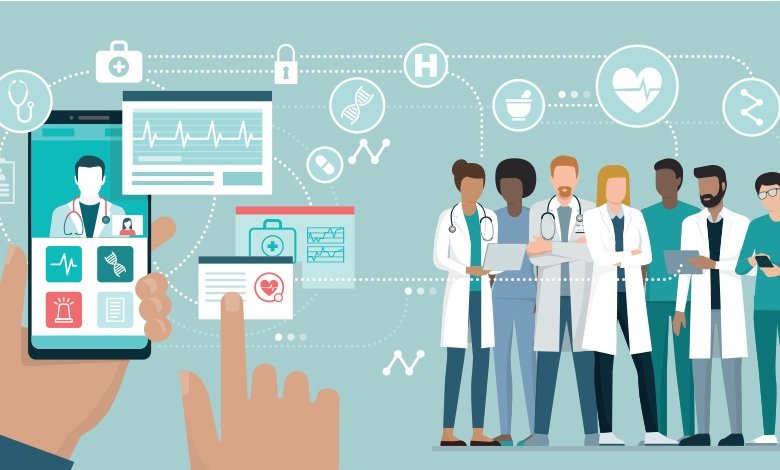
All professionals participating in patient care will have access to the most recent information when making decisions about a diagnosis thanks to the digitization of medical records. These digital documents are more secure than paper ones since they can only be viewed with strong passwords and are encrypted during transmission. Similar to this, cutting-edge information systems improve patient safety by giving doctors precise data that helps lower potential dangers related to misidentification or erroneous sample processing brought on by human error. For instance, by removing manual processes, lab information systems improve laboratory operations, improving their efficiency and safety. Additionally, AI-driven decision-making tools are evolving at an exponential rate. For example, IBM Watson Health and Google DeepMind Health are capable of providing deep insights into patient histories that aid in better diagnosis and assure patient safety.
Accuracy in Diagnosis and Treatment
Increased precision in disease and treatment diagnosis is another advantage of technology in healthcare. Doctors can now diagnose ailments with an unparalleled level of accuracy and precision because to cutting-edge diagnostic techniques like MRI, CT scans, ultrasound imaging, and Doppler technology. Medical professionals can observe interior organs and bone structure in depth thanks to MRI equipment. The technology also enables 3-D imaging, which enables medical professionals to spot small lesions or cancers. Now that ailments can be reliably diagnosed considerably more quickly, specific treatment programmed may be provided. Additionally, these cutting-edge techniques lessen the necessity for invasive exploratory surgery, which poses unnecessary hazards to the health of any patient.
Reduction in Medication Errors/Misdiagnosis
The pharmaceutical and healthcare industries have undergone a technological revolution. An automated dispensing system, for instance, is a commonly used technical device that is intended to deliver medications to patients effectively. This ensures precision and safety while reducing the need for human labor. Healthcare personnel and patients can benefit from automated dispensing systems in several ways, including improved inventory management, shorter wait times, more accurate medicine distribution, and more effective control management techniques.
Additionally, improvements in genetic engineering have made it much easier and quicker than ever for medical professionals to identify genetic abnormalities. This has significantly decreased the rate of misdiagnosis associated with conventional approaches and allowed them to build more accurate medicines catered to a patient’s genetic profile.
Accessibility to HealthCare Resources
By enabling isolated locations to connect with distant medical institutions for aid in emergency situations, technology has enhanced access to health care. To save lives even when specialised surgeons are not around, robotic surgical systems, for instance, can be carried across great distances with ease.
Similar to how many web applications have benefited the healthcare sector by simplifying access to medical data. Additionally, it facilitates communication between medical professionals and patients. For instance, several smartphone applications enable users to ask inquiries, make appointments, and receive prescription reminders. This makes it simpler for doctors to efficiently manage their duties. There are also many tracking applications that enable users to keep an eye on their calorie consumption, physical activity, and sleeping patterns.
Read More: Top 10 Healthcare App Development Companies in the USA
Commonly Used Technologies in HealthCare Industry
One of the most significant technical instruments now employed in the healthcare sector is electronic health records. EHRs offer a centralized location for safely keeping all patient data, minimizing the amount of time that medical personnel must spend manually tracking data and enabling quick and accurate access to patient records by medical professionals.
Another common technology among healthcare professionals is telemedicine, which enables doctors to electronically attend to patient requirements rather than requiring that they be physically present in a hospital or clinic. This type of medicine enables doctors to consult with patients who might not be able to schedule an in-person appointment by using video conferencing technology and additional techniques like text messaging or phone calls.
The healthcare sector is seeing significant advancements in another area of technology called artificial intelligence (AI). In hospitals and clinics, AI-driven solutions are being utilised more frequently to help medical professionals make more accurate diagnosis and administer more effective treatments using analytics obtained from huge datasets.
The Internet of Things (IoT) connects many pieces of equipment via cloud networks for improved coordination across multiple departments, and this connectivity is vital in many elements of the healthcare system. IoT devices make it simpler for doctors to follow the progress of their patients by remotely monitoring vital signs like blood pressure, temperature, and heart rate.
Due to its comparatively low cost compared to conventional manufacturing techniques while yet creating precise reproductions of physical objects, 3D printing has also found a role within healthcare research labs and conventional hospital settings.
Conclusion
In many aspects, technology has greatly improved healthcare. Technology has assisted in enhancing accuracy, efficiency, access, and cost in the healthcare sector through the use of AI and machine learning to automate procedures. There is little doubt that these advantages will only grow over time due to the daily breakthroughs in medical technology and study. Technological breakthroughs are not only here to stay, but they may also be leveraged as potent tools to create positive change inside our healthcare system, as we continue to witness new developments. In addition, with technology increasingly playing a significant role in healthcare, we have the chance to transform both the way we provide treatment and the way we receive it. We can guarantee that everyone has access to high-quality healthcare that satisfies their unique requirements by continuing to employ technological advancements to spur innovation inside our medical system.

